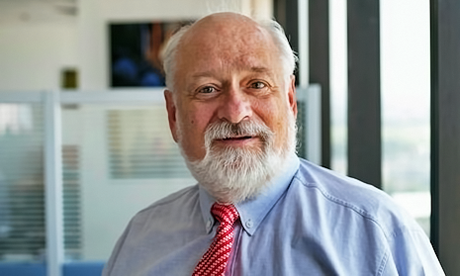The humorist Robert Benchley said, “A dog teaches a boy fidelity, perseverance and to turn around three times before lying down.”
Going round in circles may or may not be beneficial, though it seems an apt description of much of what we do. And our runaround is not always, or even often, followed by relaxation.
Whatever we may feel about going around in circles, few of us, if any, would dispute the value and necessity of fidelity in our lives.
Looking at dogs and their fidelity, I realize that this virtue — whether in a dog or a human — is grounded in history. It is actualized in the present, based in the past. That seems obvious enough. Neither a dog nor a person can be loyal to someone or something which he or she has as yet not encountered.
It is because I have taken care of a dog in the past that it is loyal to me today. It is because of kindnesses, friendships, experiences and commitments in the past that I am loyal to various persons, groups and ideas today.
Of course, like any virtue, fidelity can be perverted, as when someone puts loyalty to a person, an institution, a nation or even the Church above the demands of justice or common sense. Calls upon a person’s loyalty can sometimes be used as a club to beat people into betraying their better natures, their best interests, even the laws of God or society.
Nevertheless, our capacity for loyalty is one of our better traits, and the world would be a much lonelier and more dangerous place without it.
However, the fact that this human virtue is also a canine virtue should alert us to the possibility that it might not rank as high as others in the hierarchy of virtues.
Might there not be a similar virtue that we share with God as the dog shares fidelity with us, an apotheosis of loyalty?
There is, though we lack an English word for it and are forced to use a word usually synonymous with fidelity or loyalty: faithfulness.
In the Hebrew Bible, God’s relationship with us is described as hesed, translated as loving kindness or faithfulness. Insofar as it denotes God’s commitment to us in spite of our faults and failings, it resembles loyalty so much as to be mistakable for it.
There is, however, an important difference. Loyalty grows out of the past; faithfulness reaches back to us out of the future. Loyalty is historical, based on experience. Faithfulness is eschatological, based on promise and hope. God relates to me now out of the fulfilment of all things in Christ, “the plan he was pleased to decree in Christ” (Eph. 1:9-10). God is the faithful one.
We too are capable of and called to live this virtue of faithfulness, to live in commitment not solely for the sake of what has been, but for the hopeful vision of what can be, what will be.
When we take marriage vows or make some other life commitment, we commit ourselves to faithfulness. We do not know where faithfulness will lead, but we know that it can only last so long as we remain open to new experiences, new insights, new disappointments, new failures, new triumphs and new mysteries.
A commitment to follow Christ has in it elements of loyalty to what Jesus said and did and what the Church has said and done. But, above all, it is a commitment to live in faithful hope for the coming of the Kingdom for which Jesus taught us to pray.
History has only reached as far as today. The past has not yet been fulfilled. It will change as times change, as the legacy of the past bears new fruits, and is adopted and adapted to meet the coming of the future. That meeting is, in a sense, one definition of the present.
Loyalty to the past does not embalm it; it trusts the One who says: “See, I am making all things new” (Rev. 21:5). And “all things” include not only the traditions and practices of our communal past but also our personal experiences and memories. So, in faithfulness our loyalty is subjected to a new making by God.
A dog does not know that God in Christ is making all things new. The virtue of loyalty alone is sufficient for it. I, however, must combine fidelity to what God has done with faithfulness to what God is doing and will do. I must be willing to risk committing myself today to what is yet unseen. That, perhaps, is the reason the root of “faithfulness” is “faith.”
Only humankind is capable of taking the risk of subserving loyalty to faithfulness. We are free to not do so. The alternative, though, is to spend our lives going in circles between the past and present rather than in a line to the future.
First published in ucanews.com
Fr William Grimm is publisher of ucanews.com.
News category: Analysis and Comment.




